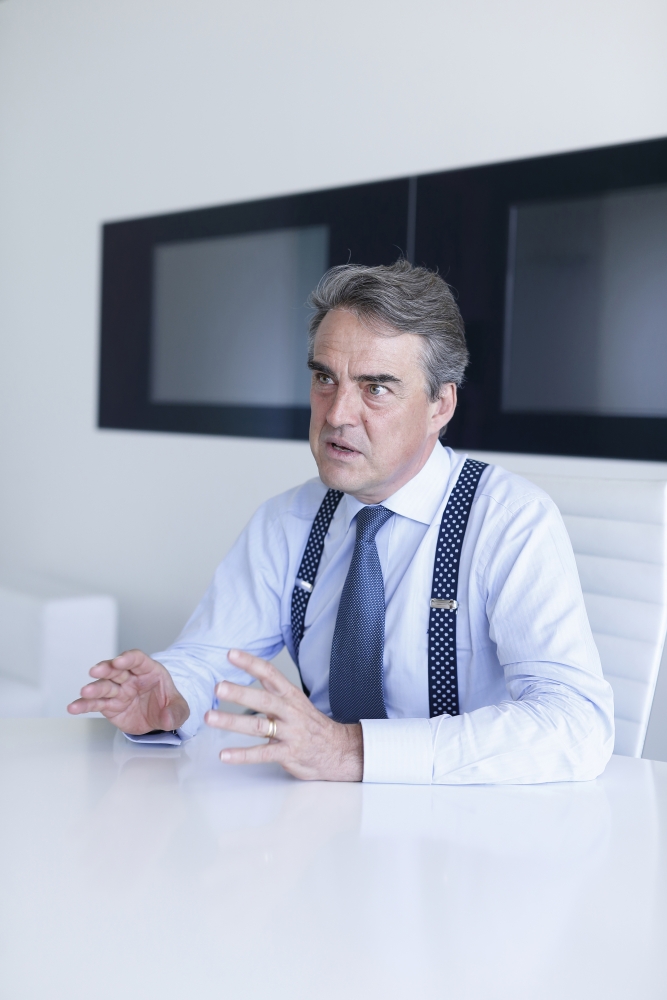The Trump administration’s decision to back out of the Paris climate change accord will not affect the aviation agreement to introduce a world-first carbon offset program, airlines have been told.
International Air Transport Association director general Alexandre de Juniac told the airline group’s annual meeting in Mexico that 2016 would go down in history as the year “when governments made a critical decision to secure aviation’s license to grow sustainably:
The IATA boss was referring to a decision by the UN-backed International Civil Aviation Organisation to back the Carbon Offset and Reduction Scheme for International Aviation (CORSIA).
The agreement is part of the move by airlines to achieve carbon-neutral growth by 2020 and so far 70 states have committed to the scheme, which remains voluntary until 2026.
De Juniac said that these states represented 70 per cent of anticipated growth and he called on more to join.
“Aviation stands at the forefront of industries combatting climate change,’’ he said. “ We can be proud. But we must not be complacent. Our 2050 goal is to cut net emissions to half of what they were in 2005.
“Let me also reassure you that the disappointing decision of the US to back out of the Paris agreement is not a setback for CORSIA. They are completely separate agreements.
“The alternative to CORSIA is a patchwork of measures that would be ineffective, costly and unmanageable. Our membership remains united behind CORSIA and our climate change goals.”
IATA members reaffirmed their commitment to CORSIA but called on governments to implement the scheme and give airlines certainty.
And an industry which has achieved significant emission improvements through technological improvements also wants governments to commit to biofuel production.
Sustainable aviation fuels are now technologically feasible but they remain more expensive than fossil fuel equivalents, mainly due to the fall in oil prices that has benefitted the industry’s bottom line.
This has meant the emphasis on biofuels, which the acronym-loving aviation industry has labelled SAFs (sustainable aviation fuels), has fallen away in the public consciousness.
But it remains a major plank in the aviation fight to curb emissions.
“While offsetting is critical to managing emissions in the short-term, in the long-term we rely on clean technology improvements to achieve our goals,’’ de Juniac said. “Sustainable aviation fuels are an integral part of our comprehensive strategy but at the moment they are not being produced in enough quantity at a competitive cost.’’
An IATA resolution adopted at its annual meeting in Cancun called on governments to implement policies to accelerate the deployment of aviation biofuels and adopt a regulatory framework to expedite the development of production facilities.
It suggested the policies could include easier access to finance, including loan guarantees and capital grants, and support for demonstration plants and “supply chain research and development’’.
The resolution also called sustainable aviation fuels put on an equal footing with automotive biofuels through equivalent public incentives and legislation to give investors confidence to finance new production facilities.
“Drop-in alternative fuels are technically ready to go and can deliver up to 80 per cent reduction in carbon emissions,’’ de Juniac said. “Governments have a role in providing incentives to make SAF commercially viable, just as they do with supporting the solar power for homes or electrically-powered cars. Investing in SAF capacity will help to reduce emissions and create new opportunities for economic growth,”
























